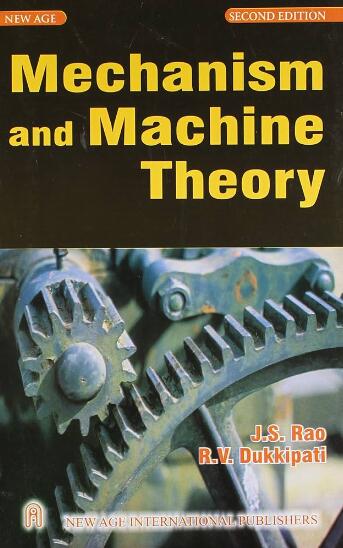基于装配力预测的t型被动柔性机构设计方法
IF 4.5
1区 工程技术
Q1 ENGINEERING, MECHANICAL
引用次数: 0
摘要
被动顺应机构(PCMs)是微装配系统中的关键部件,在部件相互作用过程中提供自主力调节。本研究提出了一种创新的t形PCM (T-SPCM)设计方法,显著提高了力调制能力。通过对不同工作状态下的装配力进行分析建模,系统地研究了结构刚度与装配力之间的关系。所提出的框架使T-SPCM参数的精确确定能够同时满足合规要求和运行稳定性约束。使用功能原型进行的实验验证表明,性能得到了显著改善,0.1°错位微物体的最大装配力降低了79.3%(从0.58 N降至0.12 N)。这些发现为开发先进的PCM体系结构提供了理论见解和实践指导,尤其有利于处理具有低结构刚度的精细微物体。本文章由计算机程序翻译,如有差异,请以英文原文为准。
Design method of a T-shaped passive compliant mechanism using assembly force prediction
Passive compliant mechanisms (PCMs) serve as critical components in micro assembly systems by providing autonomous force regulation during component interactions. This study presents an innovative T-shaped PCM (T-SPCM) design methodology that significantly enhances force modulation capabilities. Through analytical modeling of assembly forces across various operational states, the correlation between structural stiffness and resultant assembly forces is systematically investigated. The proposed framework enables precise parameter determination of T-SPCM to simultaneously satisfy compliance requirements and operational stability constraints. Experimental validation using a functional prototype demonstrates remarkable performance improvement, with maximum assembly force for 0.1° misaligned microobjects decreasing by 79.3 % (from 0.58 N to 0.12 N). These findings provides both theoretical insights and practical guidelines for developing advanced PCM architectures, particularly beneficial for handling delicate microobjects with low structural rigidity.
求助全文
通过发布文献求助,成功后即可免费获取论文全文。
去求助
来源期刊

Mechanism and Machine Theory
工程技术-工程:机械
CiteScore
9.90
自引率
23.10%
发文量
450
审稿时长
20 days
期刊介绍:
Mechanism and Machine Theory provides a medium of communication between engineers and scientists engaged in research and development within the fields of knowledge embraced by IFToMM, the International Federation for the Promotion of Mechanism and Machine Science, therefore affiliated with IFToMM as its official research journal.
The main topics are:
Design Theory and Methodology;
Haptics and Human-Machine-Interfaces;
Robotics, Mechatronics and Micro-Machines;
Mechanisms, Mechanical Transmissions and Machines;
Kinematics, Dynamics, and Control of Mechanical Systems;
Applications to Bioengineering and Molecular Chemistry
 求助内容:
求助内容: 应助结果提醒方式:
应助结果提醒方式:


